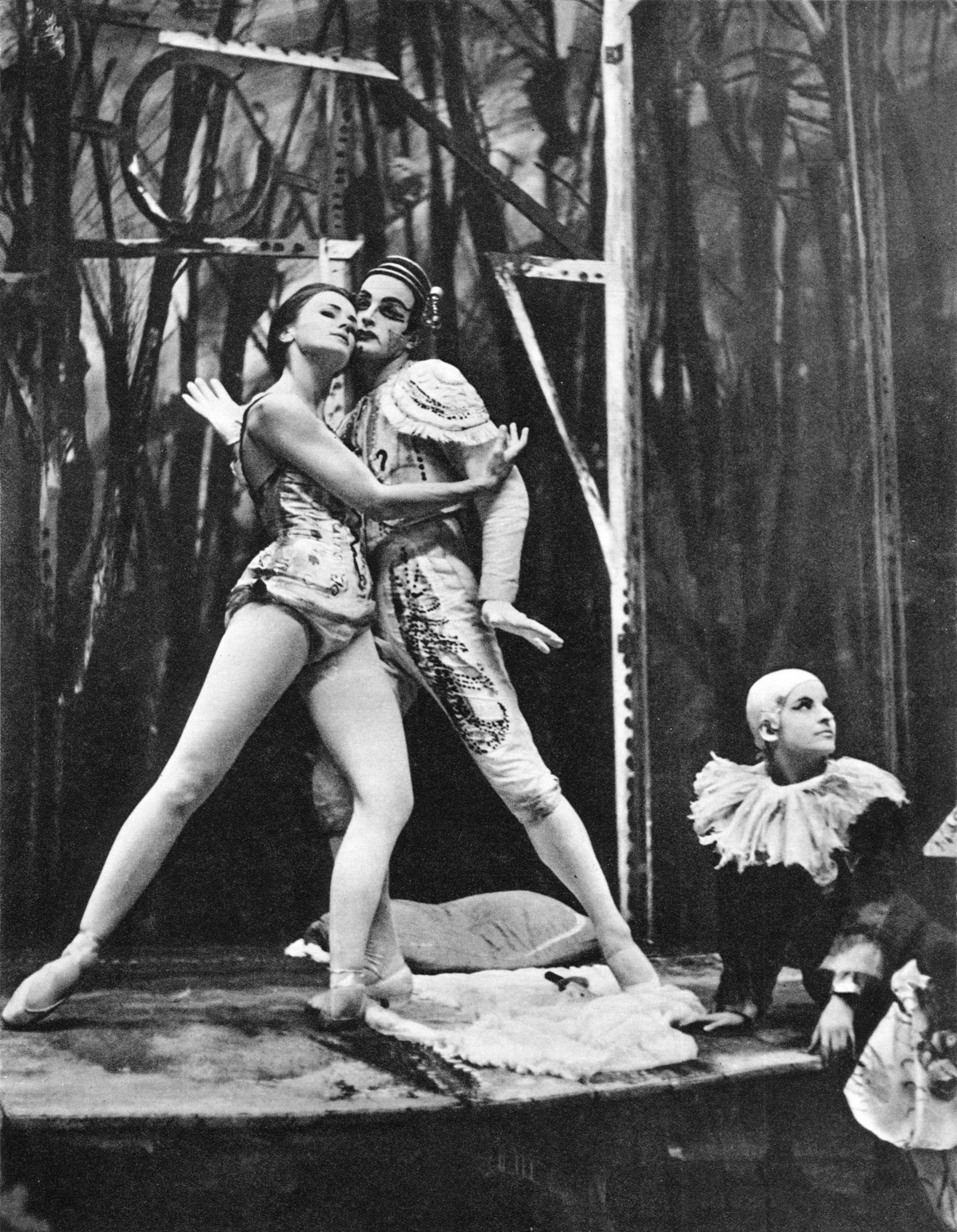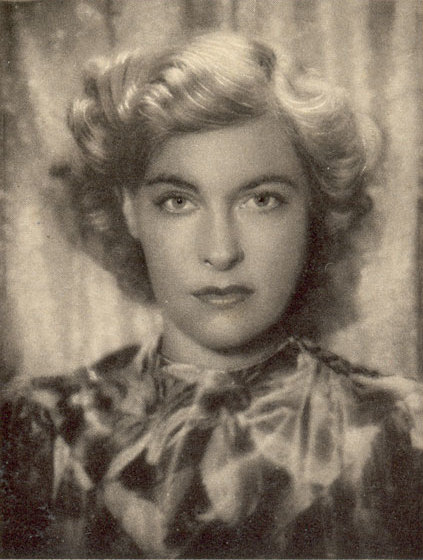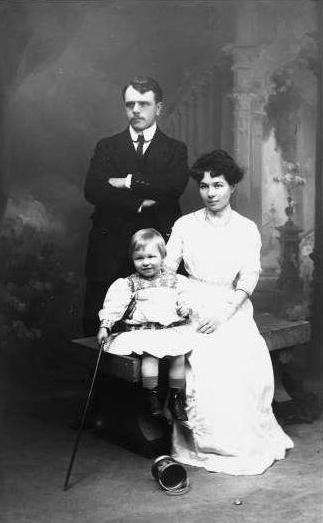|
Berlin Art Prize
The ''Berliner Kunstpreis'' (Berlin Art Prize), officially Großer Berliner Kunstpreis, is a prize for the arts by the City of Berlin. It was first awarded in 1948 in several fields of art. Since 1971, it has been awarded by the Academy of Arts (''Akademie der Künste'') on behalf of the Senate of Berlin. Annually one of its six sections, fine arts, architecture, music, literature, performing arts and film and media arts, gives the great prize, endowed with €15,000, whereas the other five sections annually award prizes endowed with €5,000. History The Berlin Art Prize has been awarded since 1948 in commemoration of the March Revolution of 1848. The official name then, ''Berliner Kunstpreis – Jubiläumsstiftung 1848/1948'' (Berlin Art Prize – 1848/1948 Jubilee Foundation), was used until 1969, the ceremony was held by the Mayor in the Charlottenburg Palace. The prize was planned to be awarded first on 18 March 1948 by the City Berlinale, to commemorate the March Revolu ... [...More Info...] [...Related Items...] OR: [Wikipedia] [Google] [Baidu] |
Bundesarchiv B 145 Bild-P084771, Verleihung Des Berliner Kunstpreises
The German Federal Archives or Bundesarchiv (BArch) (, lit. "Federal Archive") are the national archives of Germany. They were established at the current location in Koblenz in 1952. They are subordinated to the Federal Commissioner for Culture and the Media (Claudia Roth since 2021) under the German Chancellery, and before 1998, to the Federal Ministry of the Interior. On 6 December 2008, the Archives donated 100,000 photos to the public, by making them accessible via Wikimedia Commons. History The federal archive for institutions and authorities in Germany, the first precursor to the present-day Federal Archives, was established in Potsdam, Brandenburg in 1919, a later date than in other European countries. This national archive documented German government dating from the founding of the North German Confederation in 1867. It also included material from the older German Confederation and the Imperial Chamber Court. The oldest documents in this collection dated back to the ... [...More Info...] [...Related Items...] OR: [Wikipedia] [Google] [Baidu] |
Peter Stein (director)
Peter Stein (born 1 October 1937) is a German theatre and opera director who established himself at the Schaubühne am Lehniner Platz, a company that he brought to the forefront of German theatre. Biography Born in Berlin, Stein grew up in an era defined by the Nazis. His father, Herbert Stein, was factory director of Alfred Teves, a motorcycle manufacturing firm that the Nazi regime employed to make automotive parts. Herbert was in charge of 250,000 forced laborers. He was also involved in the Confessing Church, a resistance group. Stein has said that these events had a profound effect on his life. After the war, his father was sentenced to two years of forced labor for collaborating with the Nazis. Stein's academic performance nosedived and he barely made it into Frankfurt University. He then moved to Munich and enrolled at university there, pursuing a PhD thesis on the works of E. T. A. Hoffmann. Having been curious about the theatre since his time in Frankfurt, he bec ... [...More Info...] [...Related Items...] OR: [Wikipedia] [Google] [Baidu] |
Renzo Piano
Renzo Piano (; born 14 September 1937) is an Italian architect. His notable works include the Centre Georges Pompidou in Paris (with Richard Rogers, 1977), The Shard in London (2012), Kansai International Airport in Osaka (1994), the Whitney Museum of American Art in New York City (2015), Istanbul Museum of Modern Art in Istanbul (2022) and Stavros Niarchos Foundation Cultural Center in Athens (2016). He was awarded the Pritzker Architecture Prize in 1998. Piano has served as a senator for life in the Italian Senate since 2013. Early life and first buildings Piano was born and raised in Genoa, Italy, into a family of builders. His grandfather had created a masonry enterprise, which had been expanded by his father, Carlo Piano, and his father's three brothers, into the firm Fratelli Piano. The firm prospered after World War II, constructing houses and factories and selling construction materials. When his father retired, the enterprise was led by Renzo's older brother, E ... [...More Info...] [...Related Items...] OR: [Wikipedia] [Google] [Baidu] |
Dieter Roth
Dieter Roth (April 21, 1930 – June 5, 1998) was a Swiss artist who gained recognition for his diverse body of work, which included artist's books, editioned prints, sculpture, and creations from found materials, including rotting foodstuffs. He was also known as Dieter Rot and Diter Rot. Born in Hannover, he spent his early years in Germany and Switzerland, developing an interest in art and poetry while living with a family of artists in Zürich during World War II. Roth's artistic journey was marked by collaborations and experimentation. He co-founded the magazine "Spirale" and associated with the Fluxus movement, all the while maintaining his distinct artistic identity. Notably, his artist's books challenged traditional formats, allowing readers to interact with and rearrange pages. His work often involved incorporating found materials like newspapers and magazines. Throughout his career, Roth pushed artistic boundaries by creating biodegradable artworks that evolved over t ... [...More Info...] [...Related Items...] OR: [Wikipedia] [Google] [Baidu] |
Otar Iosseliani
Otar Iosseliani ( ka, ოთარ იოსელიანი ''otar ioseliani''; 2 February 1934 – 17 December 2023) was a Georgian film director, known for movies such as '' Falling Leaves'', '' Pastorale'' and '' Favorites of the Moon''. Iosseliani received a lifetime achievement honor – the at the Munich International Film Festival in 2011 for his career accomplishments. Early life He was born in the Georgian capital city of Tbilisi, where he studied at the Tbilisi State Conservatoire and graduated in 1952 with a diploma in composition, conducting and piano. In 1953 he went to Moscow to study mathematics at the University of Moscow, but two years into his studies he transitioned to the Gerasimov Institute of Cinematography (VGIK) where his teachers included many early Soviet filmmakers such as Alexander Dovzhenko, Lev Kuleshov, Mikhail Romm, Grigori Kozintsev and Mikhail Chiaureli. Film career While studying at the VGIK, Iosseliani also began work as an assist ... [...More Info...] [...Related Items...] OR: [Wikipedia] [Google] [Baidu] |
Peter Zadek
Peter Zadek (; 19 May 1926 – 30 July 2009) was a German director of theatre, opera and film, a translator and a screenwriter. He is regarded as one of the greatest directors in German-speaking theater. Biography Peter Zadek was born on 19 May 1926 to a Jewish family in Berlin. In 1934, he emigrated with his family to London where he later studied at Old Vic theatre, after a year at University of Oxford, Oxford University. He began in weekly rep in Swansea and Pontypridd. He studied at the Old Vic, and his first productions included Oscar Wilde’s ''Salome (play), Salome'' and T. S. Eliot’s ''Sweeney Agonistes''. Zadek caused a stir in London in the late 1950s with his productions of works by Jean Genet. Indeed, Genet was so outraged by Zadek's world première of ''The Balcony'' at the Arts in 1957 that he apparently bought a gun with the intention of shooting its director. He also worked as a director for the BBC in this period. Bremen years Returning to West Germany, Germa ... [...More Info...] [...Related Items...] OR: [Wikipedia] [Google] [Baidu] |
Luigi Nono (composer)
Luigi Nono (; 29 January 1924 – 8 May 1990) was an Italian avant-garde composer of classical music. Biography Early years Nono, born in Venice, was a member of a wealthy artistic family; his grandfather was a notable painter. Nono began music lessons with Gian Francesco Malipiero at the Venice Conservatory in 1941, where he acquired knowledge of the Renaissance madrigal tradition, amongst other styles. After graduating with a degree in law from the University of Padua, he was given encouragement in composition by Bruno Maderna. Through Maderna, he became acquainted with Hermann Scherchen—then Maderna's conducting teacher—who gave Nono further tutelage and was an early mentor and advocate of his music. Scherchen presented Nono's first acknowledged work, the ''Variazioni canoniche sulla serie dell'op. 41 di A. Schönberg'' in 1950, at the Darmstädter Ferienkurse. The ''Variazioni canoniche'', based on the twelve-tone series of Arnold Schoenberg's Op. 41, includi ... [...More Info...] [...Related Items...] OR: [Wikipedia] [Google] [Baidu] |
Norman Foster
Norman Robert Foster, Baron Foster of Thames Bank (born 1 June 1935) is an English architect. Closely associated with the development of high-tech architecture, Lord Foster is recognised as a key figure in British modernist architecture. His firm Foster + Partners, first founded in 1967 as Foster Associates is the largest in the United Kingdom, and operates internationally. He also serves as president of the Norman Foster Foundation, established to 'promote interdisciplinary thinking and research to help new generations of architects, designers and urbanists to anticipate the future'. The foundation, which opened in June 2017, is based in Madrid and operates globally. Foster received the Pritzker Prize in 1999. Early life and education Norman Robert Foster was born in 1935 in Reddish, north of Stockport, formerly a part of Lancashire but by then incorporated into the County Borough of Stockport. He was the only child of Robert and Lilian Foster (born Smith). The family m ... [...More Info...] [...Related Items...] OR: [Wikipedia] [Google] [Baidu] |
Rupprecht Geiger
Rupprecht Geiger (26 January 1908 – 6 December 2009) was a German abstract painter and sculptor. Throughout his career, he favored monochromicity and color-field paintings. For a time, he concentrated solely on the color red. Life and work Geiger was born in Munich, the only child of painter Willi Geiger. Besides Germany, the family spent time in Spain, and he also joined his father on trips to Morocco and the Canary Islands. It was on these trips that Geiger began painting. From 1926 through 1935, he studied and taught architecture and art at academic institutions in Munich. From 1936 to 1940, he worked as an architect at several firms, also in Munich. He was called up to fight in World War II and was at the Eastern Front in Poland and Russia, and then in 1943 and 1944 he was a war illustrator in Ukraine and Greece. He exhibited his first abstract painting in 1948. After the war, from 1949 to 1962, he was again active as an architect. In 1949, Geiger co-founded the Munic ... [...More Info...] [...Related Items...] OR: [Wikipedia] [Google] [Baidu] |
Lina Wertmüller
Arcangela Felice Assunta "Lina" Wertmüller (; 14 August 1928 – 9 December 2021) was an Italian film director and screenwriter. She is best known for her 1970s art film, art house films ''Seven Beauties'','''' ''The Seduction of Mimi'', ''Love and Anarchy'', and ''Swept Away (1974 film), Swept Away''. Wertmüller was the first female director to be nominated for the Academy Award for Best Director. She won many awards, including an Academy Honorary Award, as well as a David di Donatello, David di Donatello Career Achievement Award, and was nominated for many others, including a Golden Globe Awards, Golden Globe Award, two Academy Awards, and two Palme d'Or awards. Early life Wertmüller was born Arcangela Felice Assunta Wertmüller in Rome, Lazio, in 1928, to Federico, a lawyer from Palazzo San Gervasio, Basilicata, belonging to a devoutly Catholic Church, Catholic family of distant Swiss descent, and to Maria Santamaria-Maurizio from Rome. Wertmüller depicted her childhood ... [...More Info...] [...Related Items...] OR: [Wikipedia] [Google] [Baidu] |
Marianne Hoppe
Marianne Hoppe (26 April 1909 – 23 October 2002) was a German theatre and film actress. Life and work Born in Rostock, Hoppe became a leading lady of stage and films in Germany. She was born into a wealthy landowning family and was initially privately educated on her father's private estate. Later she attended school in Berlin and in Weimar, where she began to attend theatre.Obituary: Marianne Hoppe. ''The Independent'' (London), 29 October 2002. Hoppe first performed at 17 as a member of Berlin's Deutsches Theater under director Max Reinhardt. In 1935 she was hired by the controversial German actor and Director of the Prussian State Theatre under the Third Reich, Gustaf Gründgens. They were married from 1936 to 1946, until their divorce. Speaking years after the marriage had ended Hoppe stated, "He was my love, but never my great love, that was work." One of the characters in the film '' Mephisto'' was reportedly based on her. Hoppe made no secret of her contacts with ... [...More Info...] [...Related Items...] OR: [Wikipedia] [Google] [Baidu] |
Olivier Messiaen
Olivier Eugène Prosper Charles Messiaen (, ; ; 10 December 1908 – 27 April 1992) was a French composer, organist, and ornithology, ornithologist. One of the major composers of the 20th-century classical music, 20th century, he was also an outstanding teacher of composition and musical analysis. Messiaen entered the Conservatoire de Paris at age 11 and studied with Paul Dukas, Maurice Emmanuel, Charles-Marie Widor and Marcel Dupré, among others. He was appointed organist at the Église de la Sainte-Trinité, Paris, in 1931, a post he held for 61 years, until his death. He taught at the Schola Cantorum de Paris during the 1930s. After the Battle of France, fall of France in 1940, Messiaen was interned for nine months in the German prisoner of war camp Stalag VIII-A, where he composed his (''Quartet for the End of Time'') for the four instruments available in the prison—piano, violin, cello and clarinet. The piece was first performed by Messiaen and fellow prisoners for an ... [...More Info...] [...Related Items...] OR: [Wikipedia] [Google] [Baidu] |







